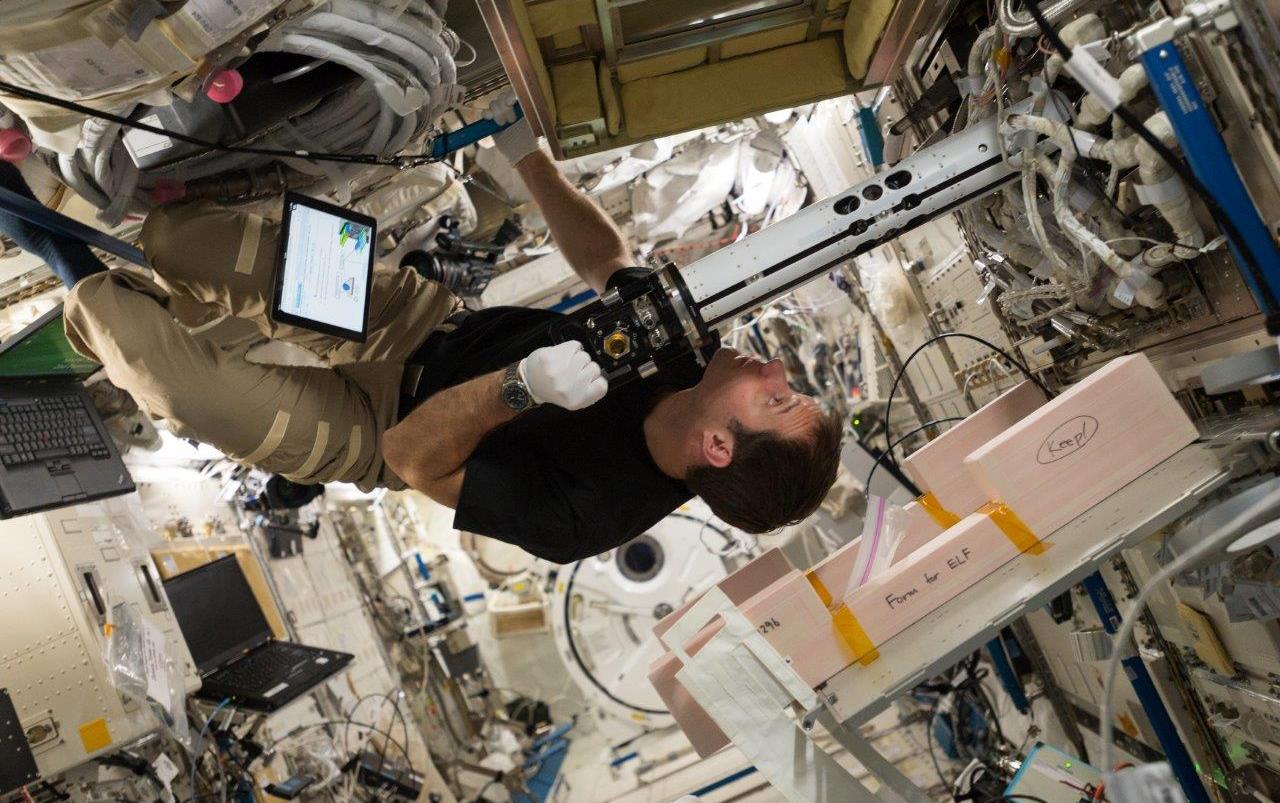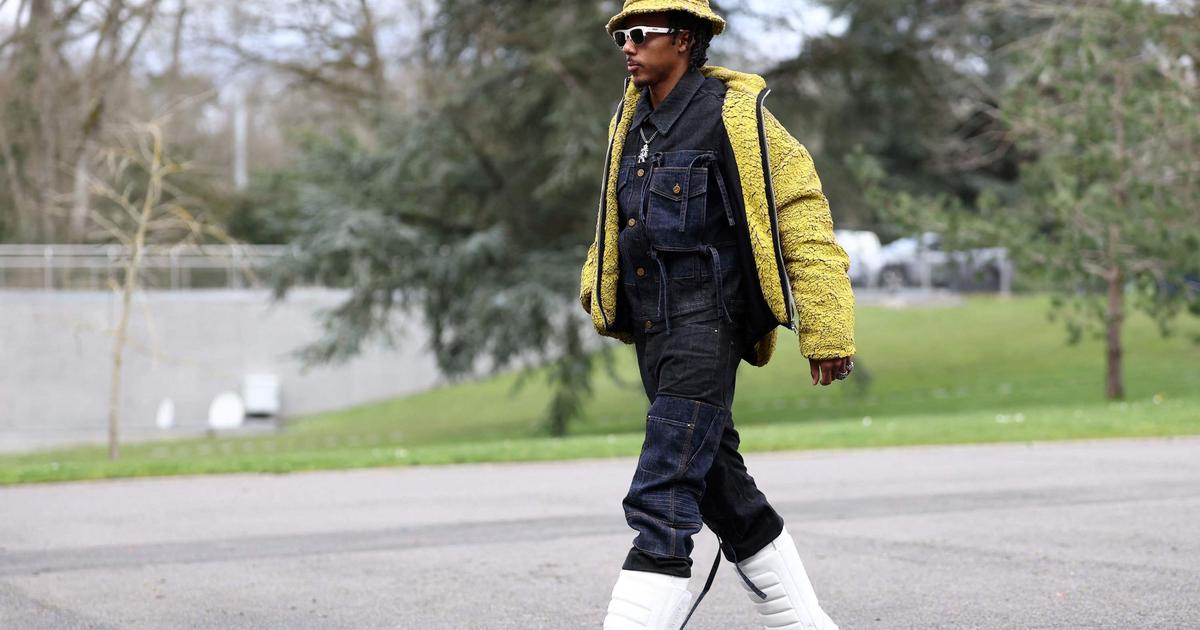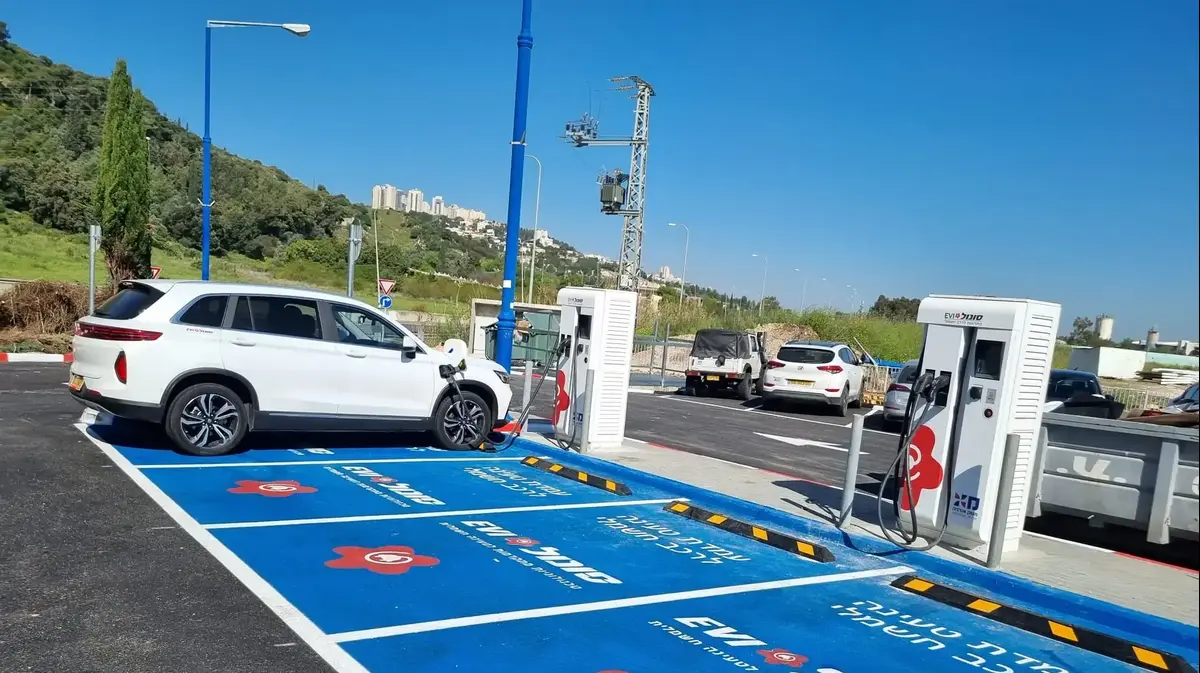Back on a floor but 400 km above our heads! Thomas Pesquet arrived early Saturday afternoon on the International Space Station, after a 23-hour journey. “It's been 20 years since Jaxa (Japanese space agency), ESA (European space agency), NASA and Russian astronauts have been together in space, so it's historic what is happening today. 'hui', he immediately underlined, during the traditional welcoming ceremony, the main difficulty of which consisted in ... keeping the 11 astronauts in the frame! Indeed, by the time the previous team does not come down to Earth in a few days, we will have to tighten up a bit in this giant “meccano”. For Pesquet and his three accomplices, serious things will start on Monday, after 48 hours of adaptation,living floating is not as easy as getting back to cycling.
But the big difference between Thomas Pesquet of four years ago and the one who has just arrived there is undoubtedly that he now knows what to expect ... and he has already warned: the next six months, it will take a little longer for him to make memories.
Because the days in the resort can be intense: up to 10 hours of work per day and two and a half hours of sport to counterbalance the effects of gravity on the muscles.
Not to mention the maintenance of premises and computer equipment.
Rest two to three hours to go about his business, and eight hours of sleep, if one falls asleep easily, to recover.
Maintain your body ... and the station
The day usually starts around 6 a.m.
" The alarm rings.
It is not an alarm, it is music which is sent from the Earth to the station ”, specifies Laura André-Boyet, astronaut instructor at the European Space Agency (ESA).
“Then, they will have a personal time to wash themselves, have breakfast, review a cheat sheet… Sometimes that time is cut off from a blood test that must be taken on an empty stomach.
Then starts the morning lecture.
All crew members participate.
Any changes to the program for the next day are announced.
Astronauts can ask questions, before leaving for their posts.
VIDEO.
"Welcome to Crew-2": Thomas Pesquet enters the International Space Station
The lunch break is welcome. “We try to get them to eat together, but it's not always easy,” says Laura André-Boyet. Then it's back to work until around 7:30 p.m. Are simply interspersed two daily sports sessions in the morning and afternoon. In the evening, a new conference, then dinner and finally some time in his personal space. There, the astronaut can write his e-mails, talk to his relatives, watch a film ... "But free time is more during the weekend", says Frank De Winne, head of the training center of the astronauts.
The whole weekend ?
No !
“On Saturdays, there is half a day dedicated to cleaning the station.
The other half-day is dedicated to tasks that we couldn't do during the week: videos, tweets, communication.
Sunday, in principle, is a relaxed day for the crew.
There are conferences organized with the family and on Sunday evening, a conference again with the soil to prepare for the work on Monday, ”explains Frank De Winne.
The maintenance of the station is not the least of the occupations “We do not wait for things to break.
There are parts that are a bit sensitive, with a limited lifespan.
It's like with the car, you need revisions, ”compares Laura André-Boyet.
"No room for improvisation"
“In the ISS, everything is programmed.
It is extremely dense.
There is no room for improvisation.
We know several months in advance what the astronaut is going to do at such a time ”,
explains Laura André-Boyet, For sport, unloading vehicles or the hundred experiences awaiting Thomas Pesquet up there, time is running out.
To deal with the unforeseen, he will have rehearsed each month before his departure, according to procedures calibrated to the millimeter.
An example ?
The hydration of the blob, a strange yellow creature that he will discover along with 2000 school classes on Earth, will take Thomas Pesquet 30 minutes.
To read also Thomas Pesquet on his way to the ISS again: "Life is simpler in space"
To find his way around, he can count on a dedicated interface, a frieze that unfolds on a screen. Clicking on rectangles allows you to know how long an activity lasts and to know the dedicated procedure. "When you're a fan of anticipation, it's a dream," jokes Laura André-Boyet. What if he can't remember certain details? “The day before a complicated experience, we'll put a little cheat sheet in our schedule. “Most of the time, Thomas Pesquet will work independently, but he can always, if necessary, speak to a single point of contact, the“ CapCom ”(for Capsule Communicator), who acts as an intermediary with the teams on the ground.
The great originality, finally, of this so special "job" is that part of the experiments being dedicated to the physiology of astronauts, they are sometimes confused with the time of sport or with free time. Thus, Thomas Pesquet will ride a bike with a virtual reality headset that will give him the sensation of pedaling in the streets of Paris or Saint-Petersburg. And even when he is asleep, he will not be totally quiet since a forehead band will study his sleep. For the experiment to have scientific value, future occupants of the ISS will also need to perform it.















